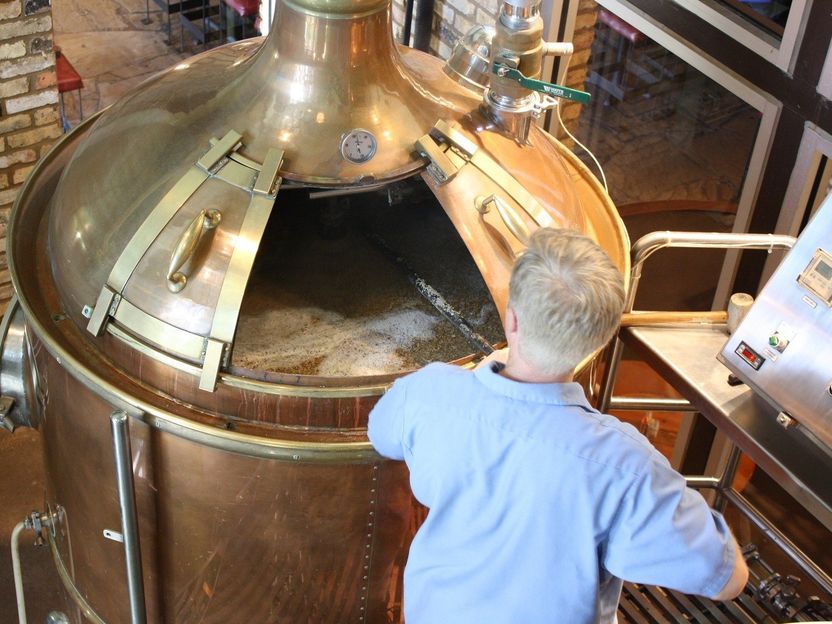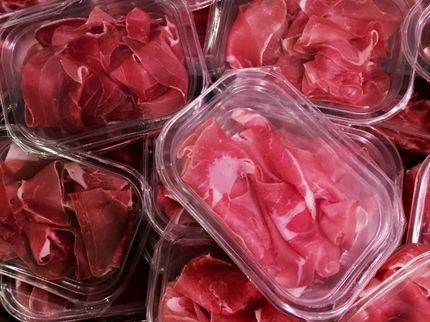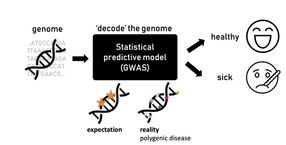Food factories could be Covid-19 “super spreaders” this Christmas
Workers in food manufacturing already face a higher risk of getting Covid-19
The TUC has warned that food processing factories could become “super spreaders” of Covid-19 in the run up to Christmas.

cerdadebbie / Pixabay
People working in food plants already face a higher chance of contracting Covid-19 due to the lack of airflow, lack of social distancing and low temperatures, says the TUC.
With the number of temporary workers in food manufacturing set to increase by more than 40% this Christmas, the union body says the risk of workplace infections will grow.
Since March, several UK food factories have been forced to close during the pandemic after reporting hundreds of cases of coronavirus, among them suppliers to major supermarkets. Last month, turkey meat manufacturer Bernard Matthews reported 147 positive cases across two sites.
Food processing has the third highest rate of outbreaks of any sector across Europe, after care homes and hospitals, according to data from the European Centre for Disease Control.
Temporary workers
Food manufacturing companies across Britain are currently advertising for temporary workers as they gear up for the busy Christmas period. They include:
-
Dessert factory Bakkavor, which had 115 staff test positive for Covid-19 over the summer. The company is seeking hundreds of seasonal staff to meet demand for Christmas.
Meat supplier Cranswick, previous hit by outbreaks that led to three workers losing their lives, which is recruiting for at least 130 Christmas jobs in one factory.
Safety guidance is “out-of-date"
The TUC warns that current workplace safety guidance for food production is “out-of-date”.
New scientific studies have shown the significance of airborne transmission with Covid-19 aerosols remaining suspended in the air for hours. But the existing government guidance is still largely based on stopping spread of droplets which fall to the ground in seconds.
The TUC says ministers must update the guidance to deal with issues including:
-
Ventilation: the current guidance fails to offer advice on effective ventilation beyond opening windows. And it doesn’t state what additional measures should be implemented in instances where this is not possible to achieve.
Face coverings: the government should issue detailed standards on the quality of face coverings. The World Health Organisation says there should be three protective layers.
Workplace temperature: studies show that coronavirus thrives in the cooler temperatures found in meat packing factories. But there is no mention of workplace temperatures in the current official guidance.
Social distancing: the current guidance states that, where two metre distancing is not possible, working side-by-side is preferable to face-to face. The TUC says this rule should be reviewed based on the most recent scientific findings.
The TUC says ministers must “stop dragging their feet” and make it a legal requirement on employers to publish their risk assessments so that workers have confidence that the necessary precautions are in place.
TUC polling published in September revealed that just two-fifths (38%) of workers say they know their employers have carried out Covid-Secure risk assessments. And only four in ten (42%) reported being given adequate PPE.
TUC General Secretary Frances O'Grady said:
“There is a real danger that food factories could become 'super spreaders' of Covid-19 as they produce turkeys and other seasonal fare for Christmas.
“Out-of-date guidelines on food production, combined with the seasonal increase in staff, will put factory workers at an even higher risk of infection.
“Ministers urgently need to update the guidance for food production. They must require employers to publish their risk assessments. And they must resource the HSE properly, so it can get into food factories and crack down on unsafe working.
“That’s how to make sure everyone is safe at work this Christmas.”
Enforcement not doing enough to contain outbreaks
The TUC says comparatively little enforcement action is taking place. The number of notices issued by the Health and Safety Executive (HSE) for Covid-19 related reasons is very low, with just 31 issued to manufacturing employers since April.
The TUC wants to see a big rise in workplace inspections. And the union body says that employer compliance, as measured by the HSE, is at odds with the rise in workplace infections because government safety measures are not up-to-date and not doing enough to protect workers.






























































